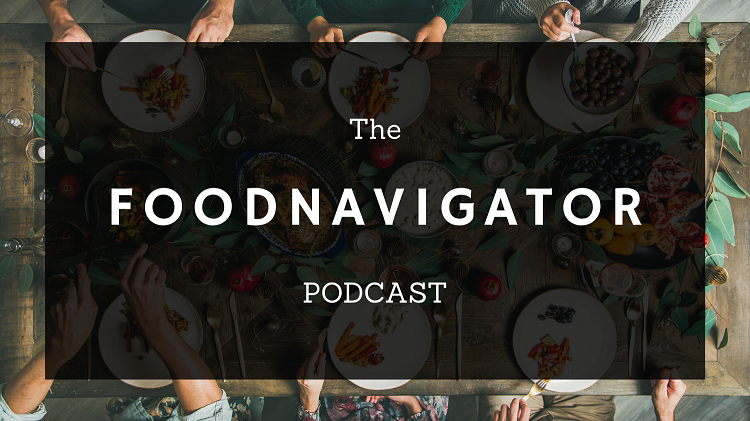
Food waste is a global concern. According to figures from the UN Food and Agriculture Organization (FAO), 1.3 billion tonnes of food is lost or wasted each year – equating to roughly one-third of all food produced for human consumption.
From an environmental perspective, it’s clear this cannot continue. The agri-food sector is one of the largest emitters of greenhouse gasses. And if food waste were a country, it would be the third highest greenhouse gas emitter behind China and the US.
Thankfully, a number of innovators have entered the anti-food waste space in recent years. Their weapons include technology – such as Big Data and machine learning – communities, and original business models.
Fighting food waste with tech
UK recipe box company Gousto was created in 2012. Today, the business has close to 0% food waste, founder and CEO Timo Boldt told The FoodNavigator Podcast.
“We have always seen Gousto as a data company that loves food,” he explained. “We use technology and artificial intelligence to reduce food waste by focusing on AI forecasting that then helps us predict order quantities and minimise food waste, which is really powerful.”
The company is also helping reduce food waste along the supply chain – which for Gousto, is much shorter than others in the food industry.
“[We have] one single factory today, we only buy what our customers want, our supply chain is much shorter. It comes straight from the farm, we only buy what we really need, and then we send customers exactly what they need. So food waste is both reduced in the supply chain but also for customers at the household level.”
Olio is another business founded on technology. The smartphone app connects those with surplus food to those looking to consume it.
“Olio started as exactly that: an app that basically enabled neighbour to neighbour sharing of surplus foods,” explained director of Olio for Businesses Martin Rohleder.
“We’ve really evolved now to work with businesses, to also rescue their surplus food that then gets shared on the app and shared in that way with local communities.”
Building community
Community is perhaps not the first word that comes to mind when pondering food waste, yet a number of operations have fixed upon the concept – and for the better.
Not-for-profit FareShare works with a collection of 11,000 charities and community groups across the UK. They receive food from FareShare, and then prepare meals for vulnerable people. It is all done on a voluntary basis.
Included in its services is FareShare Go, the not-for-profit’s head of marketing and engagement, James Persad, told The FoodNavigator Podcast.
FareShare Go is a ‘back of supermarket store’ model, he explained. “It’s an app that charities use to be communicated with by store managers at hyper-local level.
“So where surplus food arrives in the stores, a text message goes out to the local charity community with an allocated slot. And in an ideal situation, the charity goes and collects that food at that particular time from that slot.”
Essentially, the operation is trying to intercept the food before it goes to the supermarket. This means that all the resources that have gone into producing that food, whether it be energy, fertiliser, or water, is ‘used for the purpose for which it was intended’.
“For me, that is the epitome of what community is. It is helping others more vulnerable than oneself,” he continued.
Olio is also championing community, Rohleder explained. “If you consider what we do, we go back to the basics – to really how it was hundreds of years ago. People never used to throw food that was edible into the bin or to waste. They used to share it naturally, and I think massive urbanisation has moved us more and more towards this ‘throw away’ culture.
“[Olio] really encourages that ‘back to basics’ of sharing things with your neighbour. We have almost two million users of the Olio app. To date, we’ve enable over 1.4 million doorstep collections.”
Monetising food waste
With a growing number of start-ups working to tackle the food waste problem, it may be suggested that there is a business case for food waste. And Gousto and Olio agree.
Olio monetises its concept by working with businesses. “Our mission is 100% about food waste, but we do need to cover our costs [as well as to] invest and grow our business,” the business director explained. “So we do charge businesses a nominal collection fee for the food that we rescue.”
For Gousto’s Boldt, while reducing food waste via his recipe box model is ‘fantastic for the environment’ and ‘great for customers’, it is also ‘actually really good for margin’.
“Having food waste close to 0% has always given us a big margin advantage,” he explained. “It is quite beneficial to [also] focus on food waste from a business perspective.”
